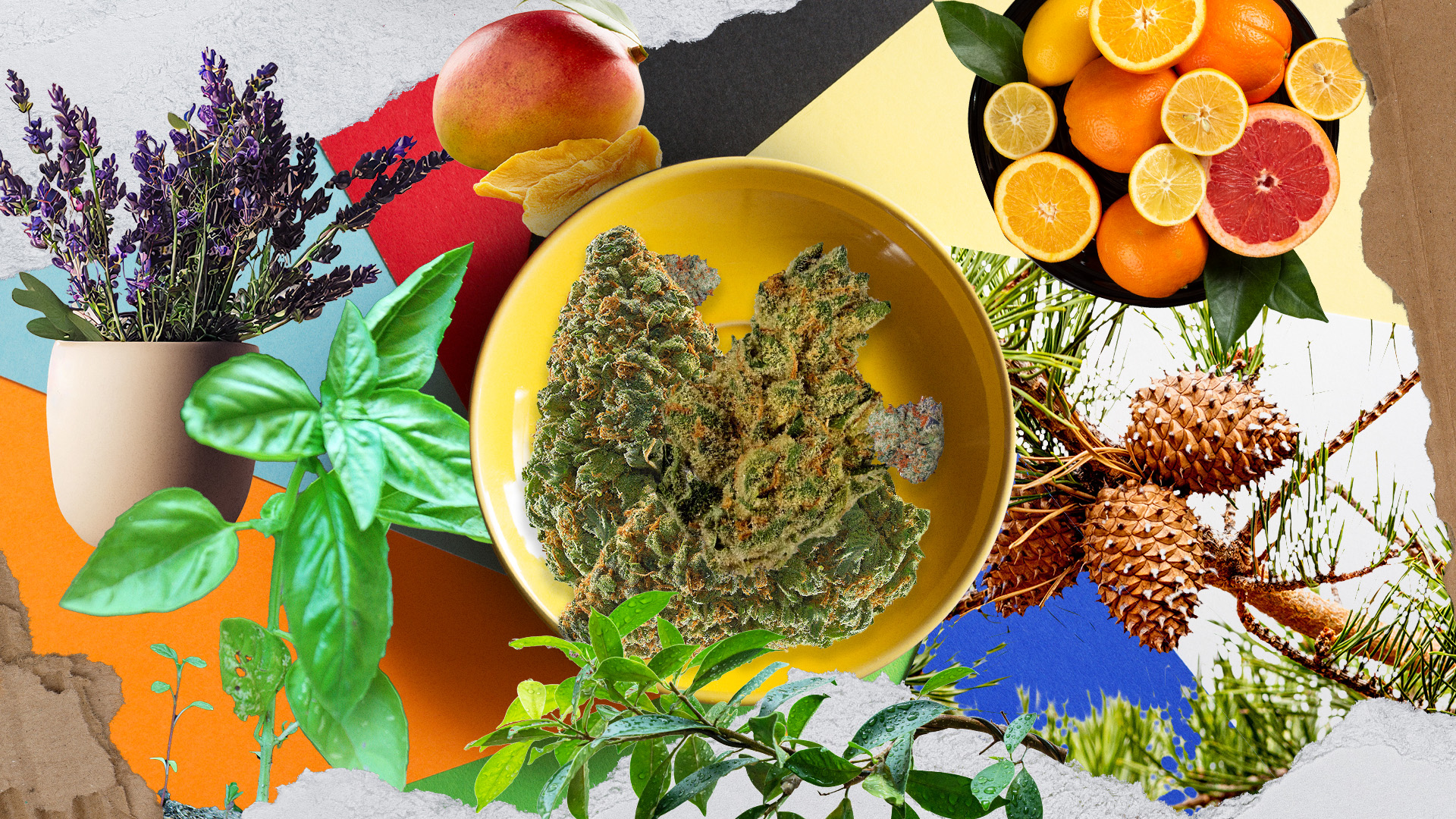In the past few years, improvements in artificial intelligence (AI) have helped different industries evolve, making processes better and more efficient. In general, the agricultural sector has already welcomed the use of AI with open arms. The cannabis industry is also primed for big changes to incorporate the use of AI into the field.
From growing the plants to selling them, AI is ready to make a big difference in every part of the cannabis supply chain. It can potentially offer unprecedented information with better precision and accuracy and help us work faster and better.
What Areas Of The Cannabis Industry Can AI Improve?
Artificial intelligence (AI) can be applied in different sections of the cannabis industry. Its major goal is to improve the quality and yield produced by companies and, in the long run, provide a better experience for consumers.
Here are the areas that AI can be applied in the cannabis industry:
Cultivation
AI algorithms can optimize growing conditions by analyzing environmental data such as temperature, humidity, and light levels.
This can lead to increased crop yields and improved quality. Agronomic Technology Corp, for example, utilizes AI to optimize growing conditions for plants. Their system, called “Virtual Advisor for Growers” (VAG), analyzes environmental data collected from sensors in grow facilities to provide real-time recommendations on irrigation, lighting, and nutrient levels.
This leads to improved crop yields and quality. Just imagine how beneficial this sort of technology could be for cannabis producers.
Crop Monitoring
AI sensors and cameras can monitor plant health in real-time. They can detect problems like not enough nutrients, bugs, or sickness early on. This helps to fix problems before they get worse and prevents plants from dying.
An Israeli company, Phytech, is a good example of this, although they don’t work specifically with cannabis.
They use sensors with AI to watch over plant health in cannabis fields. Their system looks at data about how the plants are doing to find out if they’re stressed and to decide when to water them, which helps growers fix problems like not enough water or nutrients quickly.
Harvesting
Yes, AI could potentially impact harvesting, and it’s already doing this. AI-driven robotic systems can automate the harvesting process, precisely identifying when plants are ready for harvest.
The systems select plants based on factors such as size, color, and cannabinoid levels, increasing efficiency and reducing labor costs.
And it’s already begun. Bloom Automation has developed an AI-driven robotic system for harvesting cannabis.
Their robotic arms use computer vision and machine learning algorithms to identify ripe buds based on size, color, and density. This allows for precise and efficient harvesting without damaging the plants.
Quality Control
AI can analyze various factors such as cannabinoid potency, terpene profiles, and contamination levels to ensure product quality and consistency. This is especially important for regulatory compliance and consumer satisfaction.
Cann-ID, a subsidiary of Aurora Cannabis, uses AI to analyze cannabis products’ cannabinoid and terpene profiles. Their proprietary algorithms compare spectral data from cannabis samples against a database to authenticate and quantify cannabinoid content accurately, ensuring product consistency and compliance with regulatory standards.
Supply Chain Optimization
AI algorithms can optimize inventory management, forecast demand, and logistics, ensuring timely product delivery while minimizing waste and costs.
Another example of AI technology already in use is Trellis.
Trellis is a software platform for cannabis businesses that employs AI algorithms to optimize inventory management and supply chain logistics.
Why You Should Get Your Medical Marijuana Card
Veriheal has satisfied millions of patients nationwide by giving them access to these benefits
- Larger purchase limits
- Peace of mind
- Enhanced legal protection
- Access to higher potency strains
- Save up to 25% on cannabis purchases
- Skip the line at the dispensary
By analyzing sales data, production schedules, and market trends, Trellis helps businesses forecast demand, minimize excess inventory, and streamline distribution processes, improving overall operational efficiency.
Customer Service Optimization
AI applications in the cannabis industry could potentially transform customer insights through personalized marketing, product recommendations, and market trend analysis.
AI-powered chatbots can offer all of these services, along with streamlining customer service, resolving issues, logistics management, and providing timely information.
Predictive analytics further optimize inventory management by forecasting demand and reducing stockouts.
Ultimately, AI empowers cannabis businesses to make data-driven decisions, enhance customer satisfaction, and drive revenue growth in a competitive market landscape.
The Future Of AI And Robotics In Cannabis
I believe that machines could indeed be developed to harvest plants and trim branches in large-scale cannabis production.
Once cut stems with flowers are placed into automated bucking machines, it’s plausible that buds could travel to AI-powered trimming machines, then to automated grading and sorting systems, and finally to an AI-monitored curing environment before packaging or extraction.
AI and robotic technologies will eventually enter the craft flower industry, particularly in the area of bud grading tools. It’s hard to imagine why a commercial craft farmer would reject such equipment.
However, many smaller producers may prefer a more hands-on approach, favoring less automation and more human involvement.
Yet, given the current low prices for cannabis, some as low as $172 per pound, it will be challenging to compete without automation and AI to lower production costs further.
Many aspects of craft cannabis production could be automated without sacrificing quality, such as potting plants quickly and efficiently.
While some consumers may prefer hand-trimmed buds, it’s unrealistic to hand-trim large quantities of cannabis destined for extraction.
In the future, AI trimmers may even surpass human precision. Some companies are already developing AI-powered environmental controllers that can adjust growth parameters based on prior crop data.
Will all of this be happening anytime soon though? No, at least not now.
Potential Limitations to Full-Scale Incorporation of AI Into Cannabis Production
The biggest challenge to making this vision a reality is the high financial cost. A fully automated production facility would likely be too expensive to build and operate right now, and repaying investors would be tough, especially with the price per pound of cannabis dropping in saturated markets.
However, if cannabis were legalized federally and Big Pharma got into cultivation and extraction, they would probably want strict, GMP-certified production methods. They’d likely use AI and robotics wherever they could.
Just like computers keep getting better, it’s probably just a matter of time before future technology surpasses human-plant interaction. When that happens, big operations will immediately see a return on investment.
As big corporate producers invest billions in developing these technologies, it’ll benefit medium- and small-scale producers, too.
They can choose which tasks to automate based on their needs and production methods. This could help them make better products for less money so they can stay competitive in the AI-driven future.
Author, Share & Comments
















